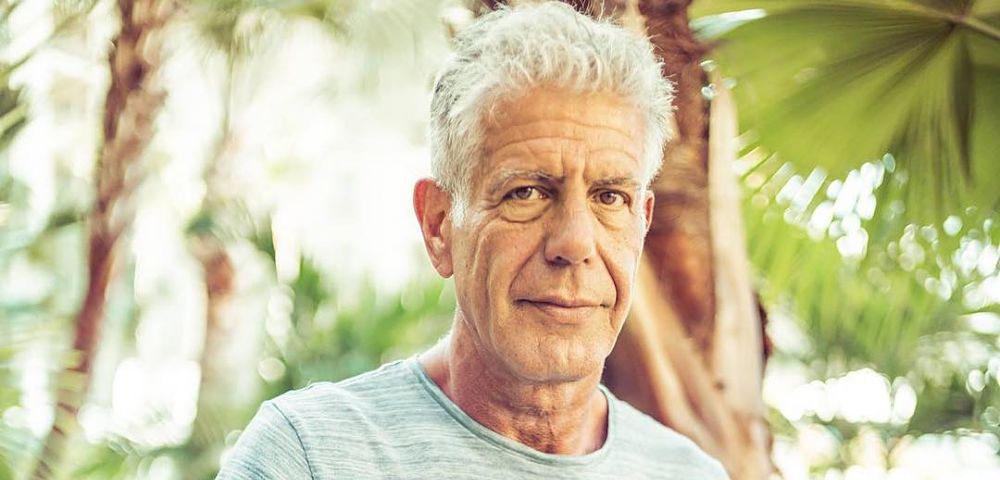Anthony Bourdain ‘Made Food Writing Muscular and Kinetic’

Anthony Bourdain was, by his own estimation, a jobbing restaurant cook who “just got lucky”. It’s a classic bit of Bourdain understatement.
It’s true he was never a chef who was going to knock down culinary boundaries – Bourdain was schooled in the French classics – but as a writer he was massively influential, changing forever what the business of food and appetite on the page could be.
Before the publication in 2000 of Kitchen Confidential, his memoir of life as a line cook, food writing was, for the most part, a job for those who had pulled their sizeable bellies up to the table in the dining room. It was effete and delicate.
Bourdain gave a voice to the career cooks on the other side of the kitchen door; the ramshackle, itinerant tribe of restaurant chefs, with their skin burns, tattoos, appetite for long hours and hard drugs. He made food writing muscular and kinetic. He blew the whistle on how your steak was likely to be cooked in a big
Naturally enough, in time, there was a backlash. There were accusations that he was falsely glamorising a life of excess – one he had abandoned – though his fans from behind those kitchen doors wouldn’t hear a word against him. You could spot them a mile off at the public events which inevitably became part of the author’s working life: pallid skin, wild hair, clutching a stained volume they wanted to be signed.
Although it was writing that gave him his profile, Bourdain’s biggest contribution to food media may well have been to television. His various series, first for the Food Network, then later the Travel Channel and CNN, had an immersive, nerdy quality that fixed the dishes he was eating to the communities and cultures from which they came. Without him, vast amounts of today’s food content – the various documentary strands, such as Ugly Delicious on Netflix – simply wouldn’t exist.
I shot a sequence with him for a
He had no time for the usual artifice of TV: no retakes, no stop-starts, just shoot what happens. As he told the New Yorker in 2017: “I travel around the world, eat a lot of shit, and basically do what the fuck I want.” The fact that Bourdain’s long rambling journey has finally come to such a sad end will leave his army of fans, including this one, utterly bereft.



